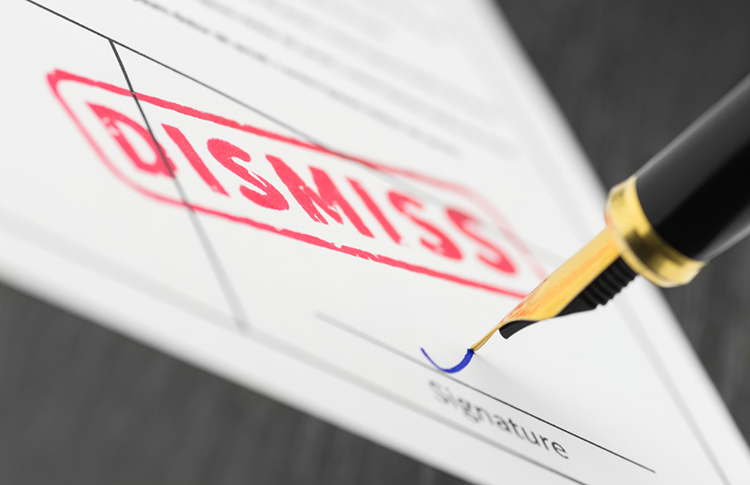Lawyer may seek sanctions after winning dismissal of suit filed against him by client's ex-husband

Image from Shutterstock.com.
A Texas lawyer may ask a trial court to award fees and sanctions after using the state’s anti-SLAPP law to win dismissal of a suit filed against him by a client’s ex-husband.
The 1st District Texas Court of Appeals ruled for Houston lawyer Eric Lipper of Hirsch & Westheimer in an Aug. 6 opinion, Law360 reports.
Anti-SLAPP laws are intended to discourage lawsuits against people for speaking out on matters of public concern. Texas’ version of the law, the Texas Citizens Participation Act, provides for quick dismissal of suits filed in response to a person’s rights of free speech, petition or association.
The appeals court said the TCPA applied in Lipper’s case because the suit filed against him by Justin Haynes was based on Lipper’s courtroom statements, implicating the right to petition. The appeals court noted a previous decision by the Texas Supreme Court that specifically found that a lawyer’s in-court statements are communications that are protected by the law.
People who win dismissals under the TCPA are entitled to seek attorney fees and sanctions “as justice and equity may require.” That means Lipper may ask a trial judge on remand to consider those remedies, the appeals court said.
 Eric Lipper. Photo from Hirsch & Westheimer.
Eric Lipper. Photo from Hirsch & Westheimer.
Haynes had sued Lipper for breach of contract, tortious interference and conspiracy. The suit was based on Lipper’s alleged acknowledgement in court that he had made a mistake in his request for attorney fees on behalf of Haynes’ wife in divorce proceedings.
Besides representing Haynes’ wife in the divorce, Lipper also represented the wife’s father in a suit against Haynes for alleged failure to repay a loan. Lipper acknowledged in court that he mistakenly included one billing entry based on his representation of the wife’s father in the divorce attorney fee request, Haynes had claimed.
Haynes alleged that neither Lipper nor the judge made an adjustment for the billing error. Rather than challenge the fee award on appeal, Haynes filed his lawsuit.
The court said Lipper had satisfied the first prong of the TCPA when he showed that the statute applied to his in-court statements. He satisfied a second prong when he was able to show that he would have a successful defense to Haynes’ claims.
That defense is available under the attorney-immunity doctrine, the appeals court said. In Texas, that doctrine holds that lawyers are immune from civil liability to nonclients for actions taken in connection with representing a client in litigation.
“Requesting that the trial court order an opposing party to pay attorney’s fees incurred by a client in the proceeding is quintessential conduct within the scope of legal representation,” the appeals court said. “Lipper thus met his burden to prove that he is entitled to the protection of attorney immunity.”



